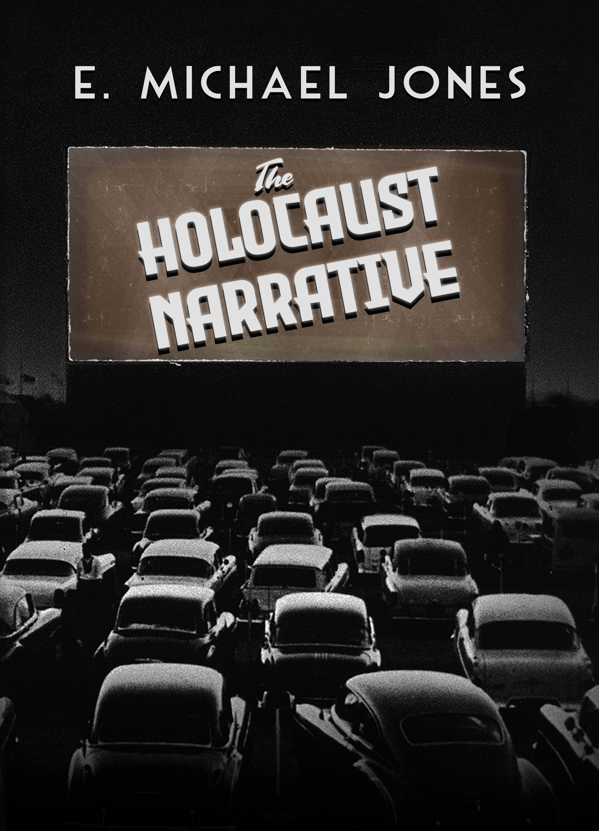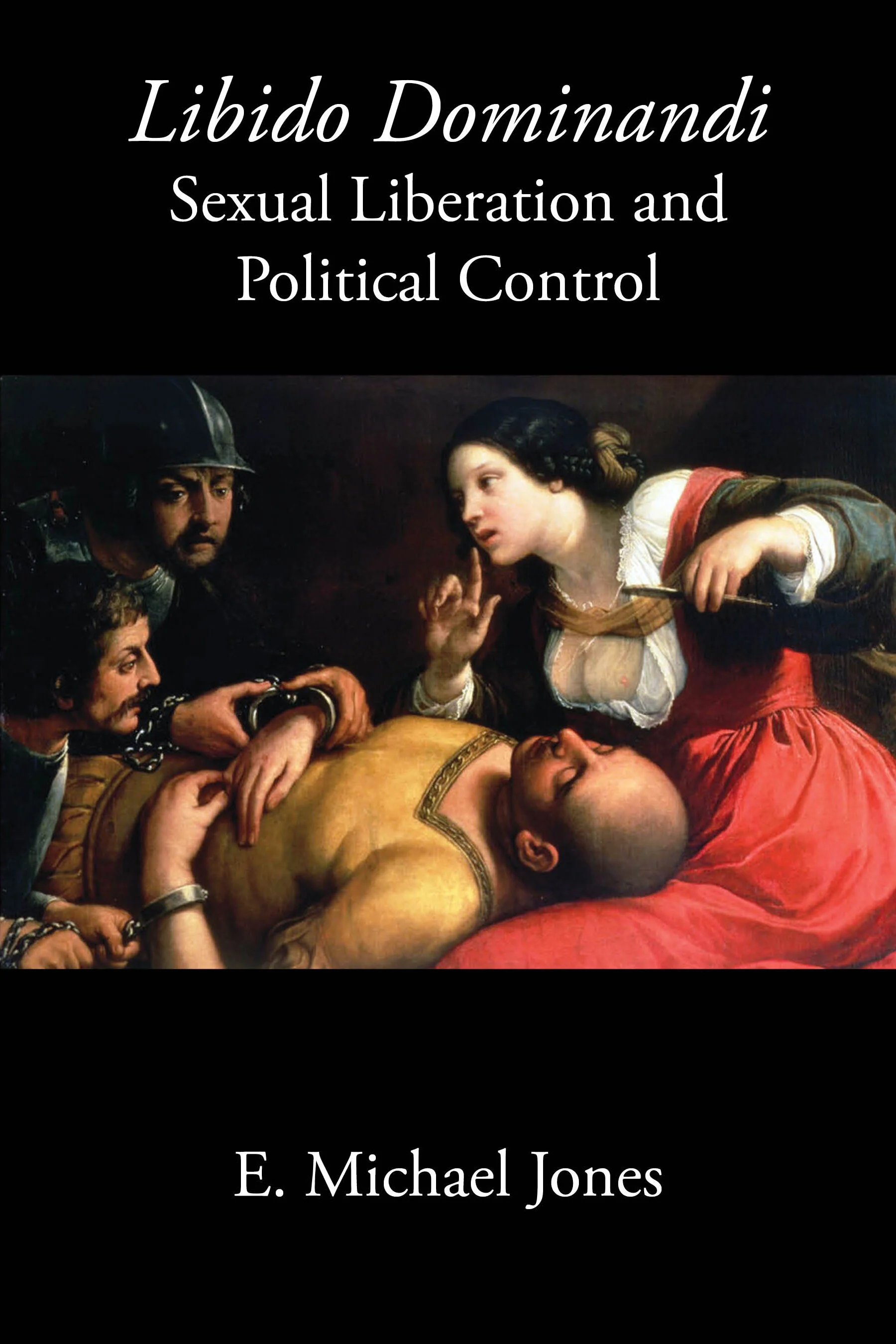The Murder of Venzuela
/Editor’s Note: The author of this article is using a pseudonym for obvious reasons. He has good personal knowledge of his country and he has thought a lot about what is going on there. He asks the reader to excuse him for not always giving his sources. This is due to three causes: his exile, the destruction of newspapers' electronic files by the totalitarian tyranny of Venezuela and the shortness of time to find some of the sources which are available. He also advises that if the readers are not interested in knowing the full history which led to the current crisis, they may skip section two and go directly to the section after the introduction. -EMJ
Introduction
Venezuela was a fairly industrialized country in many areas of production, with a very powerful oil company which had refineries, advanced research, investments in foreign lands. We had a very good network of roads and excellent hydroelectric plants with a production sufficient for the country and able to provide electricity to Colombia and Brazil. In addition, Venezuela had a very decent agriculture as well as advanced business skills, good universities, good and free public health and educational systems, a republican government with free elections, and in 1998 we were in our way to getting rid of the external debt. What happened, then? Why has the country suddenly collapsed?
There is no doubt that our political and social system had problems. There was corruption; there was the belt of poverty around Caracas. The worst consequence of our corruption, caused by the big banks which had received the oil dollars from the Arabic world and needed to give loans at a higher rate, was, however, the external debt. But even here, Venezuela was on its way to paying off its external debt, as I just said. Despite the visibility of the poverty around Caracas, we now know that it was not critical. Actually, I am persuaded now that it was due mostly to the lack of discipline that the social democrats implemented since the end of the 1950s in allowing the peasants to settle themselves in the city seeking the mirage of prosperity. I say this because those “poor” people had running water, food, free healthcare, and free public education. Not a few entered the public universities, which were also free, and provided the students with good lunches at the incredibly low price of ten cents.
In reality our so-called problems meant nothing more than that Venezuela wasn’t heaven on earth. The mess which followed came not from Venezuela but from the oligarchic powers of international finance, which roam around the world seeking to enslave nations through usury. These infernal powers need to be controlled by a political authority which can bring them to respect order and justice. The situation then did not mean that our system or our people were particularly evil or disorderly. After defeating the Persians at Thermopylae and Salamis, Greek patriotism and courage created a political system which has inspired people for centuries, but, in the end, they could not withstand Persia’s financial power. Pausanias was charged with treason for taking bribes from the Persian king, and even Themistocles, who according to Plutarch did not betray Athens, had to flee because of his involvement in financial corruption. Great as it was, the financial power of the King of Persia was nothing compared to the financial power of today’s international banking system. The study of history allows us to understand how hypocritical it is to slander a republic and to prepare its assassination because of supposed corruption when its own officials are feeding at the troughs of the international banks. But this is precisely what those same financial powers did to Venezuela, as they had done with Russia both in the 19th century and after the fall of Communism.
The real cause of the revolutionary ambience that suddenly overtook Venezuela was the systematic slandering which the republic had to endure at the hands of the media. Since 1980 at least, the media ceaselessly repeated the claim that Venezuela was an economic disaster and that thorough-going change was needed. Specifically, the people of Venezuela were told that they had to get rid of the Christian Democrats and the very non-revolutionary Social Democrats. Rafael Tomás Caldera has said in La respuesta de Gallegos that the deepest problem of Venezuelan culture was a problem of hope. We tend to be pessimistic or place our hope in the wrong powers. Our enemies took advantage of this national defect to make us believe that everything was rotten and needed thorough change. This belief set the stage for the tragedy I am about to describe.
If Venezuela was the jewell of the Caribbean, how and why was it so suddenly destroyed? First of all, we should not forget Communism is good at destroying countries, and it can do its destructive work in a remarkably short period of time. The Communist Manifesto is clear about that. As soon as the so called “proletariat”, that is to say, the Communist Party (under that name or others), takes power, it immediately imposes measures that are economically untenable. That is the normal modus operandi of the Communist revolution, and Venezuela was no exception to that rule. Historically, Communists are only too happy to follow their destructive policies to their logical bitter conclusions, as has happened in Russia, in China, in Cuba, in Vietnam, in Cambodia, in Korea, and now in Venezuela.
But, even granting this, where did this desire to wipe Venezuela from the face of the earth come from? In order to answer that question, we have to understand that the historically Spanish republics in South America have always been remarkably naïve in their relations with Europe and the United States. Venezuela thought that she could reason with the oligarchs of the west and get what she wanted, even if that went against the interest of the oligarchs. This would prove to be a fatal illusion. Venezuela could defeat her enemies on the battle field,1 but her people never understood the newer, more insidious forms of economic warfare which would emanate from England and the United States during the second half of the twentieth century.
[…]
This is just an excerpt from Culture Wars Magazine, not the full article. To continue reading, purchase the April, 2019 edition of Culture Wars Magazine.
Read More:
Culture of Death Watch
The Storm before the Quiet Man - Dana Pavlick
Features
The Murder of Venezuela - Francisco Fayardo, Jr.
Reviews
The Shortest Way Home - Reviewed by E. Michael Jones










